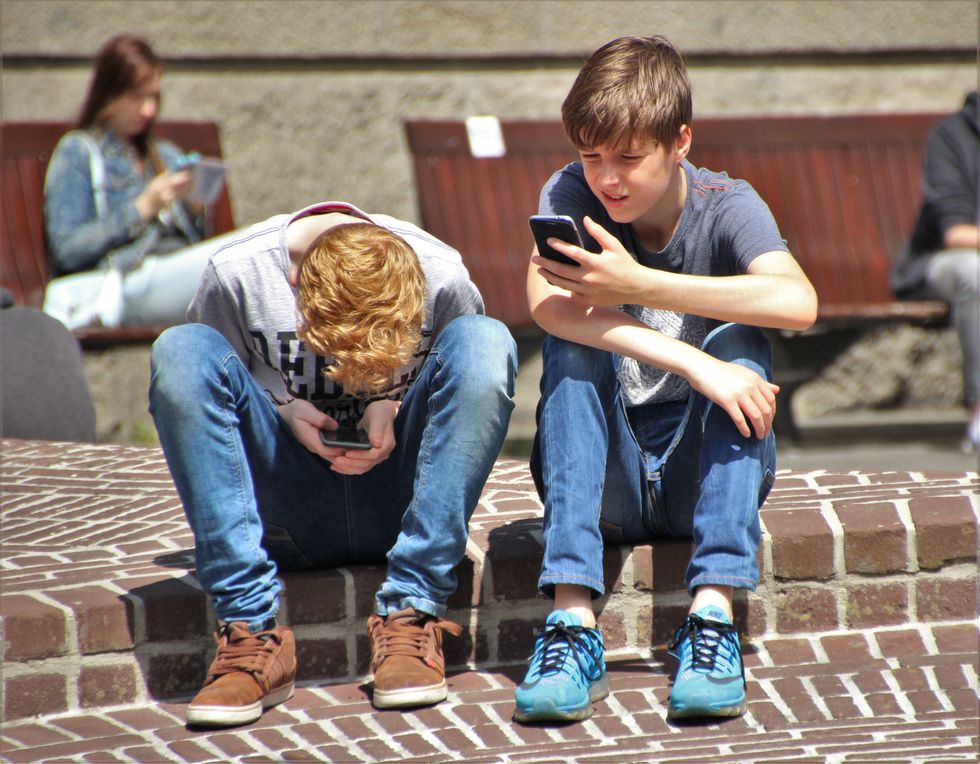Every person on earth gets 24 hours every day. That’s 1440 minutes or 86400 seconds. If you ask someone how they spend most of their days, they would probably answer with whatever the main part of their life is (school or work), and then maybe talk about going home and talking with roommates or with family and then going to bed. In reality, most people forget one of the biggest time-sinks of the modern age: their smartphone.
Cell phones are one of the best inventions of our time. They have provided us with a convenient ability to communicate with anyone in the world instantly. But with this comes a great responsibility on the side of the user to know when the right time is to put the phone down and have personal interactions with those around them. The overall amount of time spent on a smartphone is less important than the context of that smartphone usage. In a lot of cases, people use smartphones in situations that would otherwise consist of unoccupied time (public transportation, waiting rooms, etc), and although I think there is an important case to be made for the importance of boredom, that is a topic for another day.
The point of contention here is the person-to-person interactions that are being taken over by the likes of Facebook, Instagram, and Snapchat. Although all of these apps are great, and they stand to work towards the goal of bringing the world closer together, they also provide an addicting alternative to talking to people in the moment. The instance where this is most commonly referred to is a dinner table with a group of people gathered to stare at their phones while they eat, rather than enjoy the company of those around them. This is the type of situation with which I take issue. In most cases, all of that scrolling is just through social media apps that can be checked at any time. Interpersonal time should not be replaced by smartphone time, no matter how useful these devices have become.
Another important, and perhaps funnier social situation that has changed since the advent of smartphones is the awkward interaction between people who do not know each other very well. For example, I cannot remember the last time I got on an elevator with someone else who didn’t immediately unlock their phone in order to simply stare at whatever app they had opened most recently. To avoid any sort of uncomfortable situation, it has become a reflex for most people to take out their phones rather than either simply continuing on their way and understanding that the situation is not very awkward or, god forbid, actually speaking to the other person with whom you find yourself having this encounter.
I want to make it abundantly clear that I truly love the invention of the smartphone and all of the brilliant, world-altering ideas that it has brought about. These little rectangles that are glued to our pockets or to our hands have changed the way we communicate with people, but sometimes that can be bad. So next time you find yourself instinctively reaching for your phone at the dinner table or in the elevator, try to resist the urge. The little change in behavior could make a big difference for your personal interactions.

















